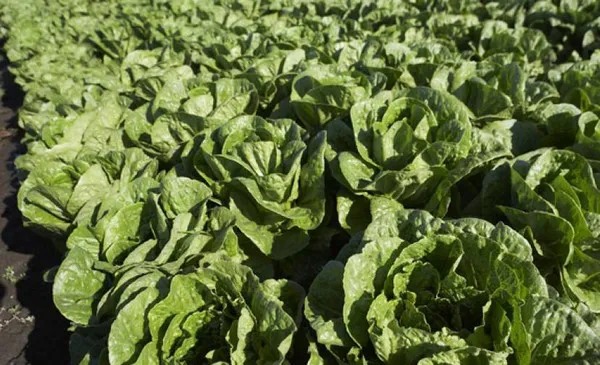Last week, the leafy greens community received notice from the Canadian Food Inspection Agency (CFIA) of their plan to enforce unprecedented import restrictions on all romaine produced in the California counties of Santa Clara, Santa Cruz, San Benito and Monterey counties. These measures go into effect today (October 7, 2020) and will be in place until December 31, 2020. More details about the temporary restrictions can be found here.
While we understand the concerns of the CFIA in their efforts to protect consumers by issuing these new restrictions, we want to emphasize these measures are not the result of a current or ongoing outbreak or food safety issue.

The California Leafy Greens Marketing Agreement (LGMA) wants to assure all Canadians, that leafy greens farmers are working to prevent future outbreaks associated with our products and that the industry meets all of the new requirements outlined by Canada for romaine lettuce imports with the exception of one.
When it comes to the new requirement concerning post-harvest product testing, our producers will do their best to comply in an effort to continue shipping romaine lettuce to our valued trade partners in Canada. However, this may not be feasible due to limited laboratory capacity. More importantly, product testing has not proven to be a reliable indicator of product safety.
The current methodology required by CFIA for post-harvest testing of romaine is problematic for many reasons – most notably that it does not provide a guarantee of safety. What it IS likely to accomplish is preventing the sale of most romaine from California to the Canadian marketplace because:
- The measures required in these new restrictions for post-harvest testing are not achievable on an industry-wide basis in the timeframe provided.
- The laboratory capacity to perform the prescribed product testing doesn’t exist, either for the number of samples required or for the sampling methodology.
- Additional storage, shipping and staffing required to implement the product testing methodology do not currently exist within the supply chain.
Several government and industry entities are working on solutions to these issues. One option suggested is that post-harvest testing requirements be replaced by an option to do pre-harvest testing as an acceptable alternative.
The LGMA remains committed to preventing foodborne illness through our system of science-based food safety practices that are enforced on our farms. We are pleased to see that part of the new CFIA requirements state that all romaine shipped from California and Arizona must be from member companies of the LGMA program.
Under the LGMA program, member companies are required to follow science-based food safety practices on their farms. All members are subject to mandatory government audits that verify these practices are being followed on leafy greens farms with 100 percent compliance required of all members.
In an effort to further improve the safety of our products, the LGMA has approved new, more stringent requirements in light of recent outbreaks. Our farmers work hard every day to implement food safety practices on their farms and are working closely with government, food safety experts and the produce industry to keep people safe. See 10 Things Being Done to Make Romaine Safer.
The LGMA will continue working with government agencies and produce industry trade associations in both the U.S. and Canada to resolve this situation to the benefit of all parties.
Source: LGMA.ca.gov
